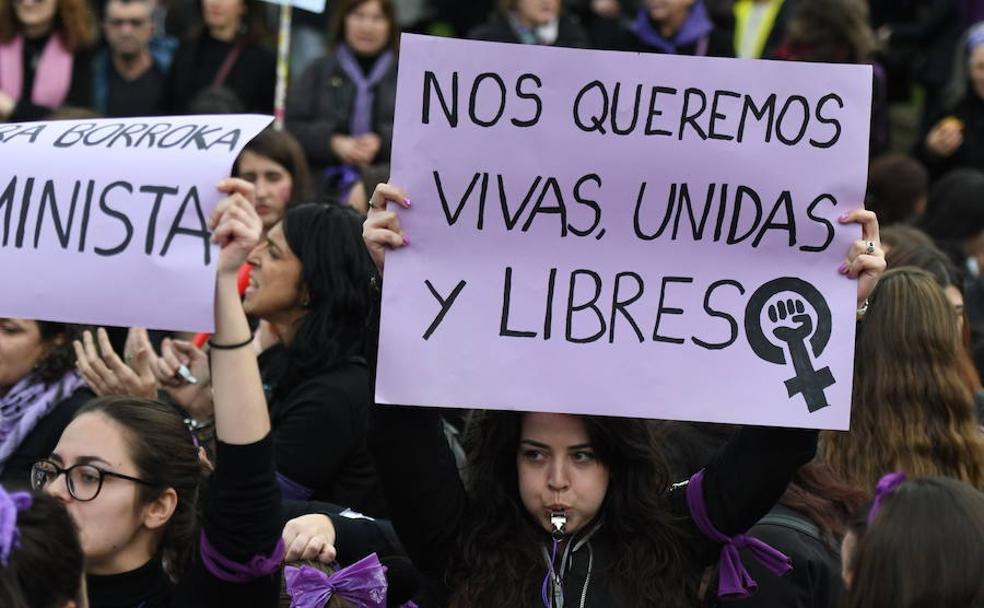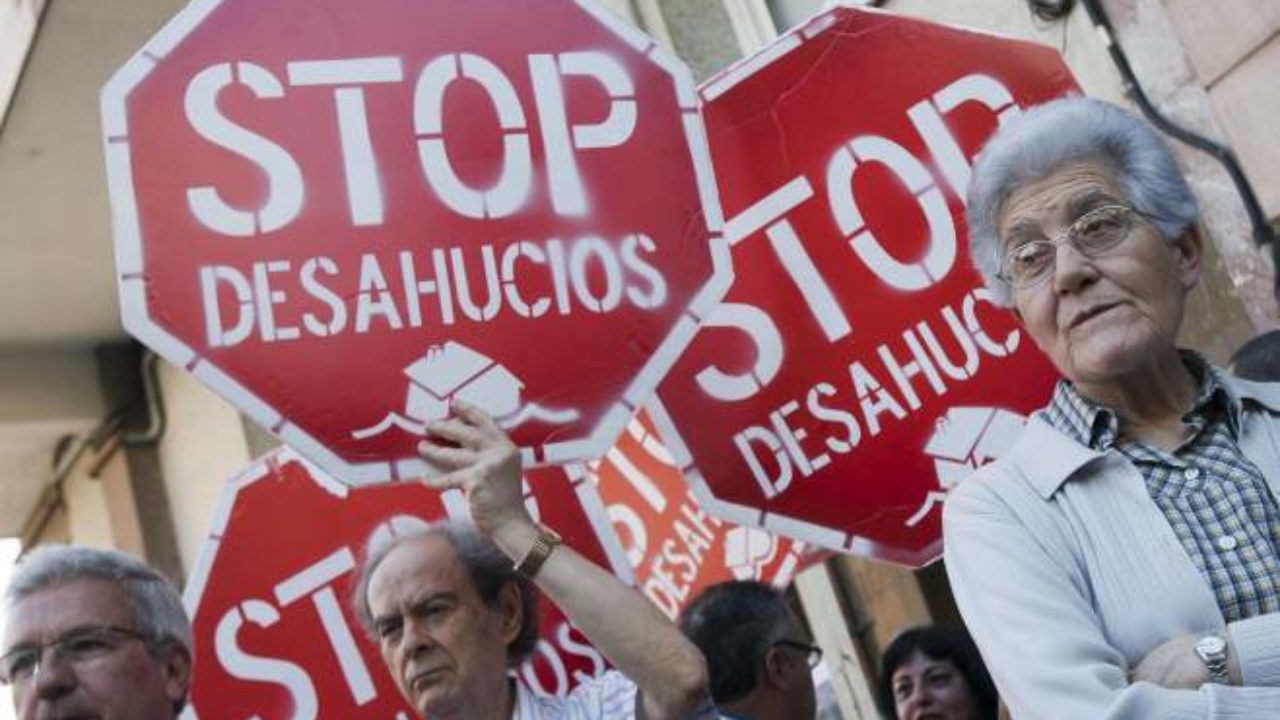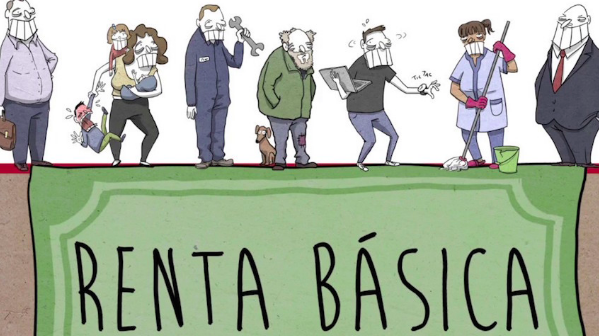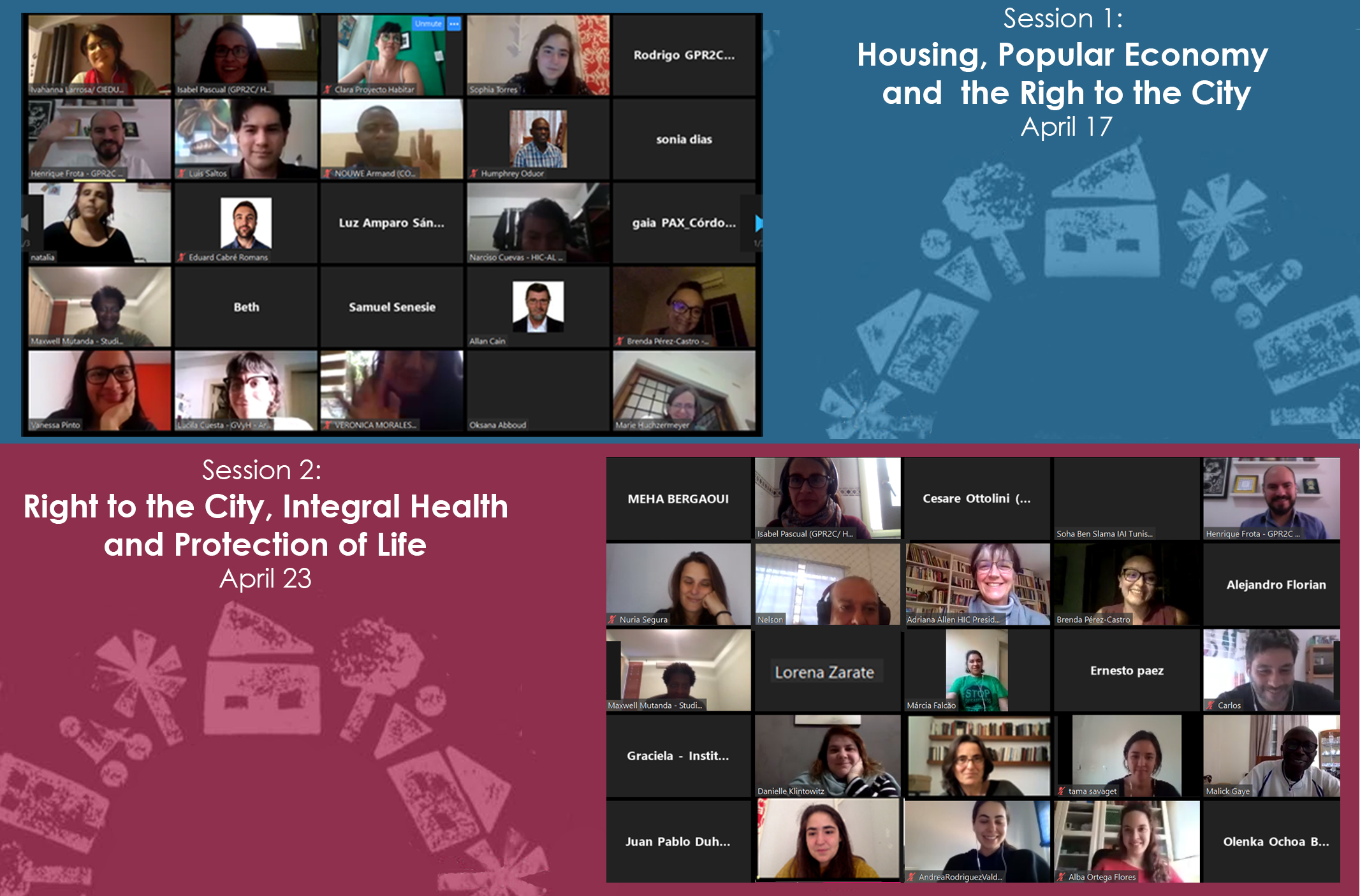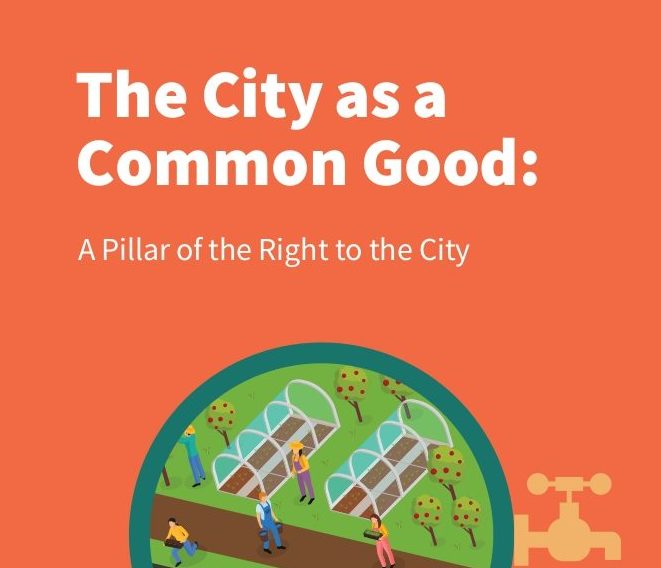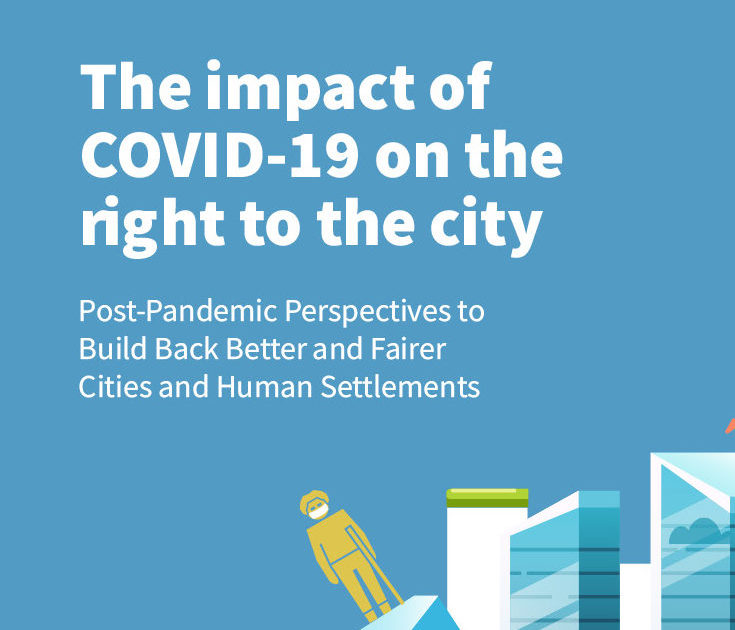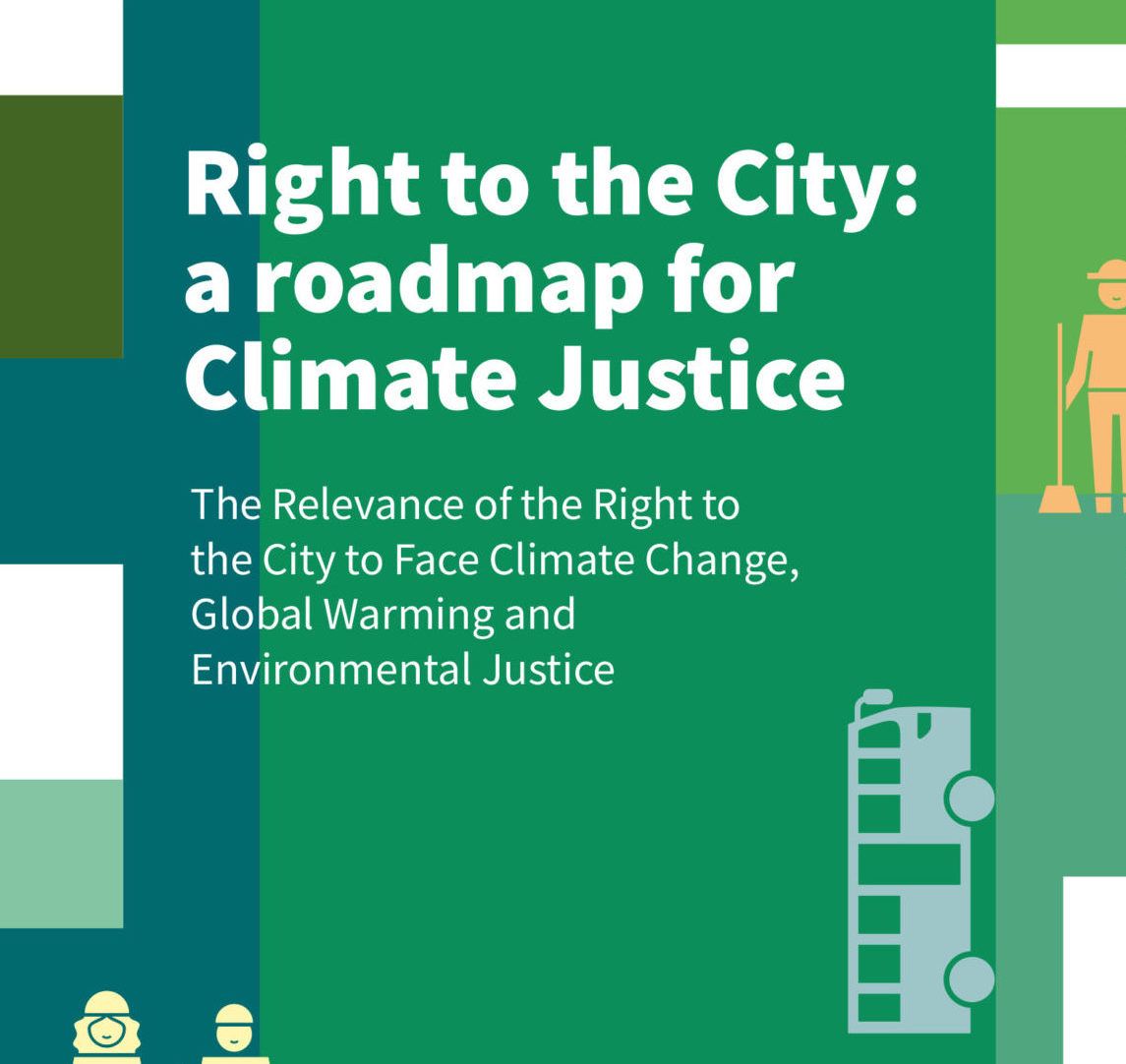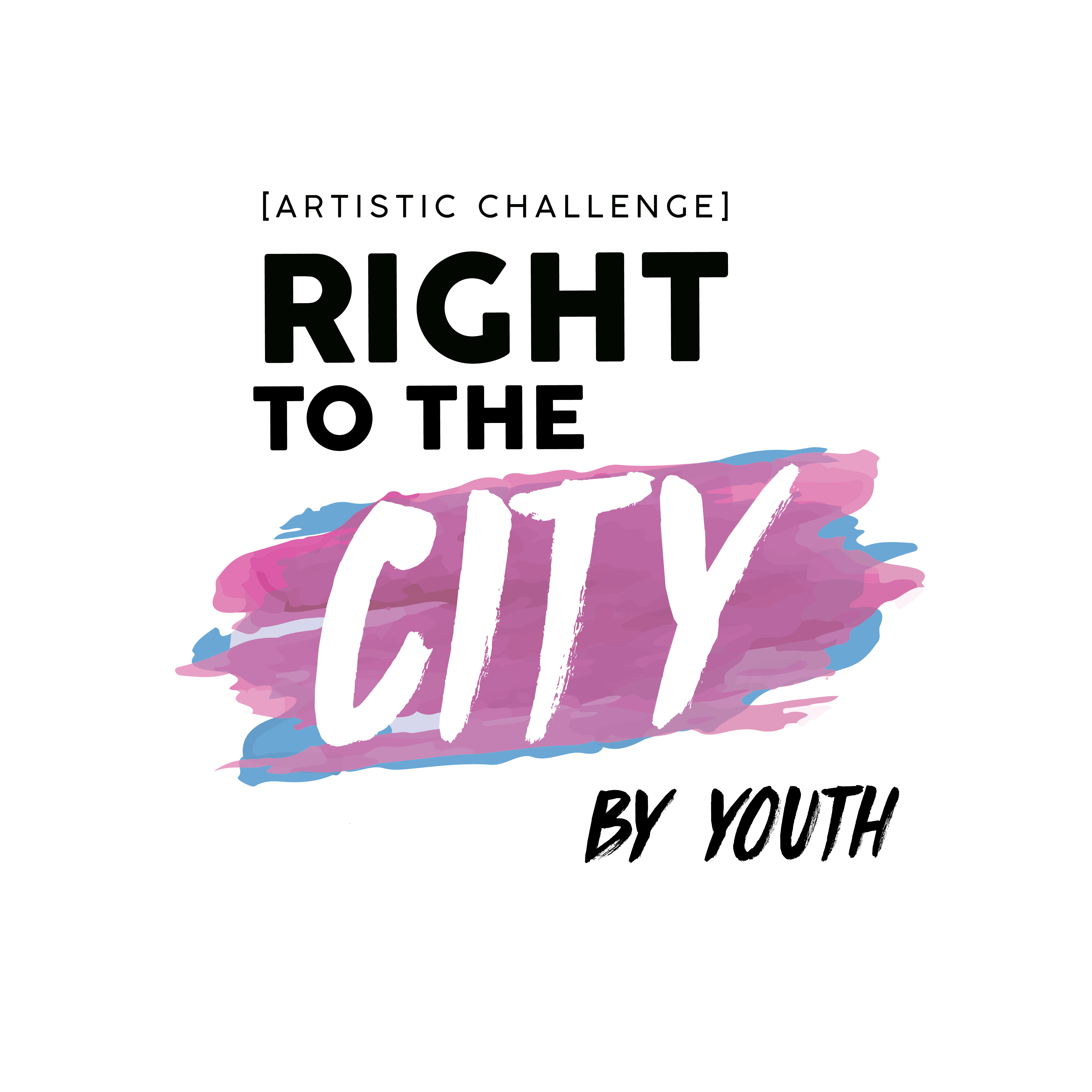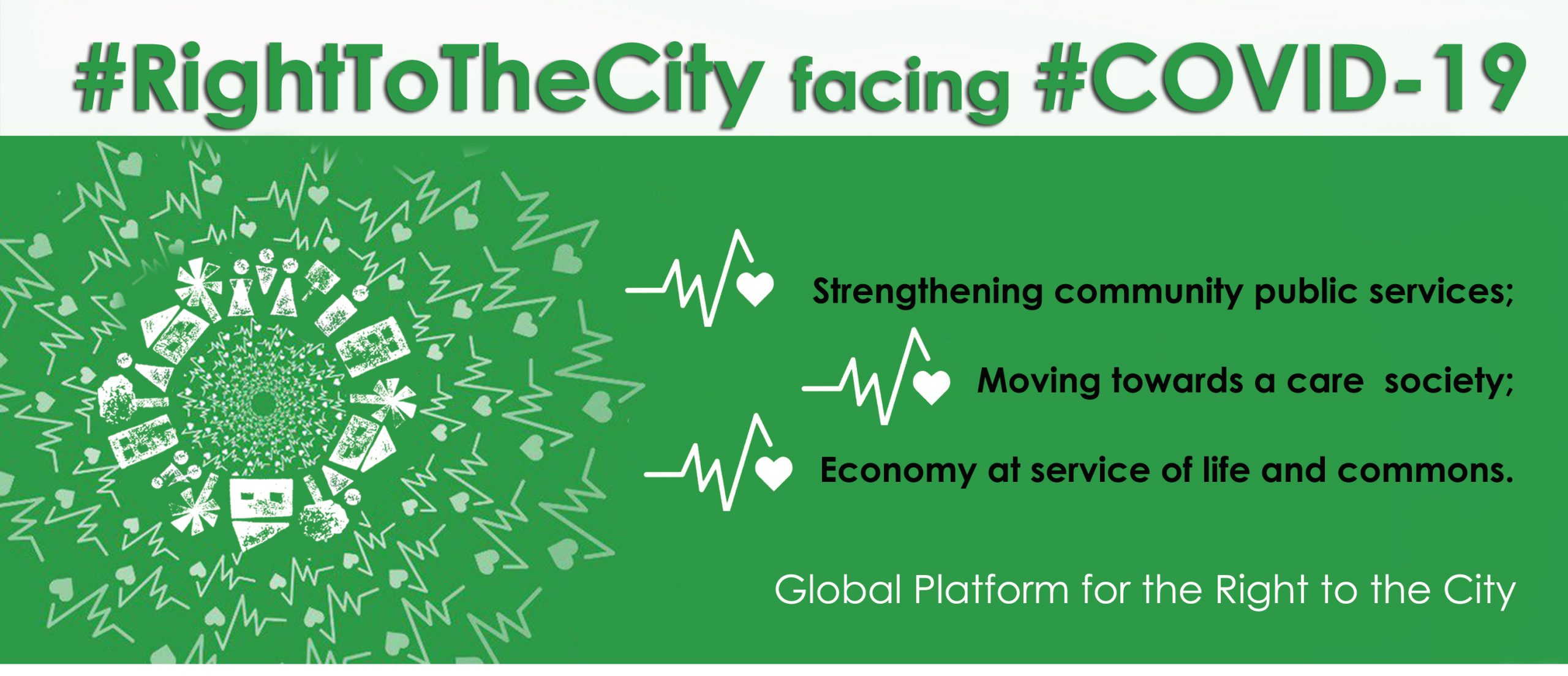
The Global Platform for the Right to the City (GPR2C) joins the international and collective efforts to combat COVID-19. In this page you can find:
The Right to The City moves forward! All over the world, people are fighting back! Proposing initiatives and policies to protect people from COVID-19. Such initiatives are diverse and respond in different ways to the multiple and complex effects of the pandemic. They are also being presented by different actors, from government institutions, civil society, grassroots organizations, academia and the private sector. Based on our communiqué, here we highlight some of these measures, which address key points in the fight against COVID-19 and for the Right to the City.
GPR2C Assemblies: Right to the City Facing COVID-19
The GPR2C held two Assemblies on the Right to the City in the face of COVID-19 in April with the goal of sharing the ongoing initiatives to face the crisis and advance towards a common response based on social justice and human rights.
The Global Platform for the Right to the City (GPR2C) joins the international and collective efforts to combat COVID-19.
We express our commitment and solidarity with the groups most vulnerable to the pandemic, in particular the homeless, slum dwellers, people threatened by evictions, displacements and collapses of their homes due to natural or everyday occurrences, informal workers and impoverished people, particularly women, older people and dissidents of all ages who suffer multiple violences. At the same time, we express our admiration and gratitude for the health and cleaning professionals, informal waste workers, the caregivers and scientists, and the staff of markets and other basic services at this time of crisis.
The GPR2C envisions democratic, diverse, solidary and sustainable communities, understood as common habitats where all inhabitants enjoy the human right to a life with peace, security, health and dignity. The Right to the City is a collective right that emphasizes democratic management, the territorial integrality and interdependence of all internationally recognized civil, political, economic, social, cultural and environmental rights.
Given the current situation, we join the voices that claim for:
- Recovering and strengthening community public services
- Moving towards a care society, recognizing the particular care role of women within households and communities;
- Design democratic mechanisms for a massive redistribution of social wealth and an economy at the service of life and the commons.


